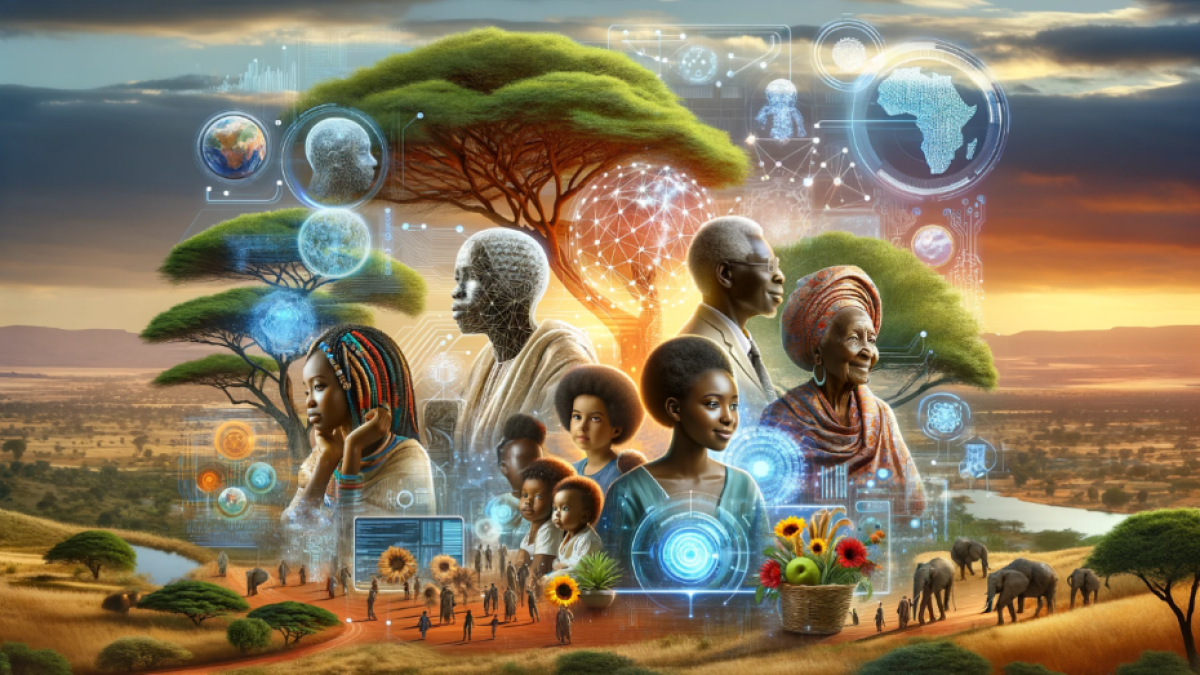
A new report warns that artificial intelligence could disproportionately displace women in Africa’s outsourcing industry by 2030, deepening workforce inequalities.
The study, released at the Global AI Summit for Africa in Kigali, found that tasks performed by women are, on average, 10% more vulnerable to automation than those handled by men.
Conducted by Caribou and Genesis Analytics in partnership with the Mastercard Foundation, the report highlights the risks automation poses to lower-paying jobs, which make up 68% of the workforce.
Up to 40% of human tasks in the sector could be automated, it said.
More than 1,000 policymakers, business leaders, and experts gathered in Rwanda for the first-ever AI summit, co-hosted by the World Economic Forum.
Discussions focused on preparing Africa’s workforce for the AI revolution through investment and skill development.
Rwandan President Paul Kagame urged African nations to strengthen digital infrastructure and embrace AI for economic growth.
“Let’s continue working together, driving AI to reduce inequality, and allowing more citizens to benefit,” Kagame said.
Despite concerns, AI experts at the summit emphasized opportunities for women and young workers if provided with proper training.
Jeremy Jurgen, managing director at the World Economic Forum, stressed the global shortage of AI specialists and the need for Africa to invest in developing local talent.
